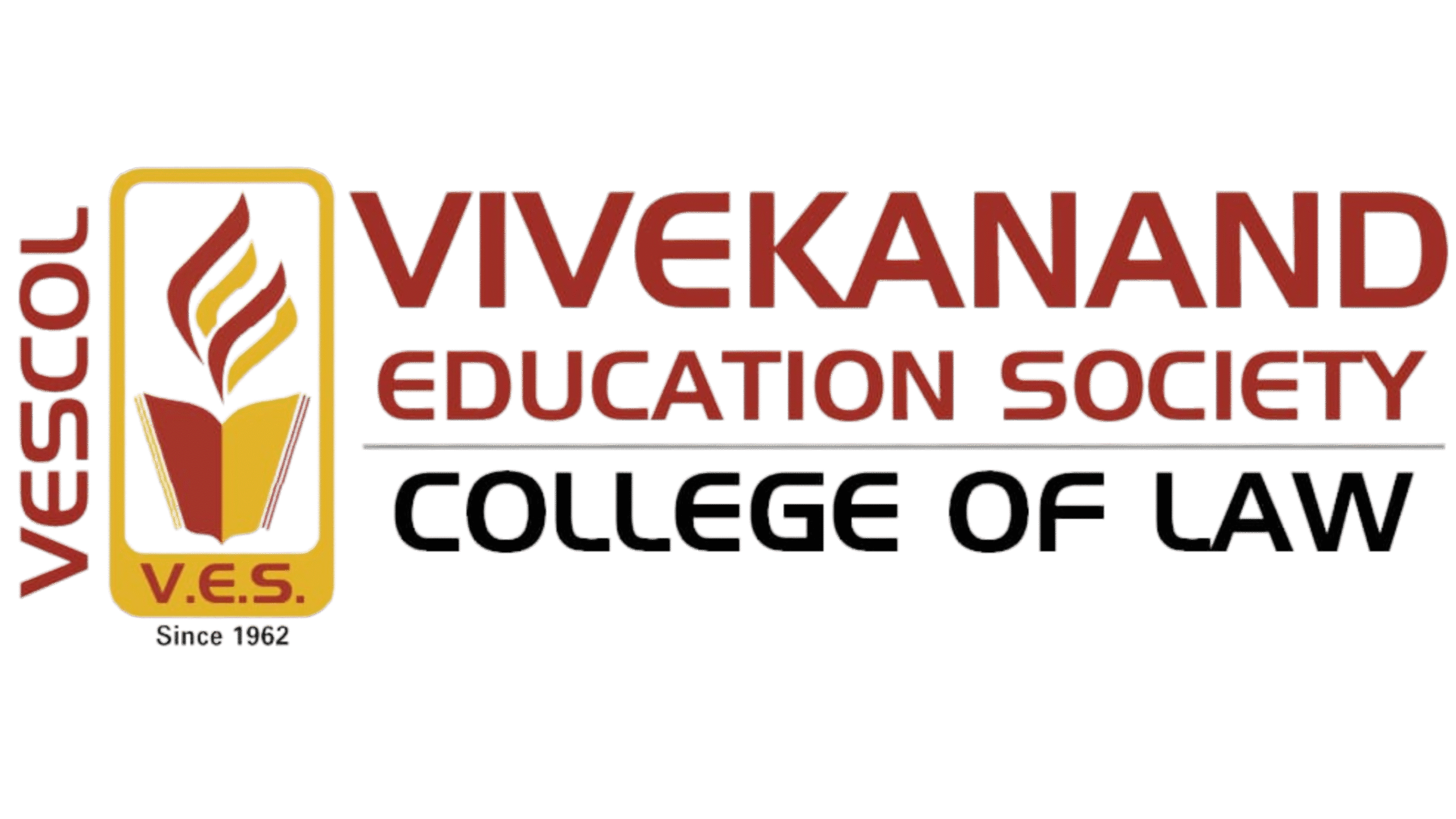CRITERIA 1
Criterion 1 – Curricular Aspects
1.1 Curricular Planning and Implementation
1.1.1 The Institution ensures effective curriculum delivery through a well planned and documented process
1.1.2 The institution adheres to the academic calendar including for the conduct of Continuous Internal Evaluation (CIE)
1.1.3 Teachers of the Institution participate in following activities related to curriculum development and assessment of the affiliating University and/are represented on the following academic bodies during the year. Academic council/BoS of Affiliating University Setting of question papers for UG/PG programs Design and Development of Curriculum for Add on/ certificate/ Diploma Courses Assessment /evaluation process of the affiliating University
1.2 Academic Flexibility
1.2.1 Percentage of Programmes in which Choice Based Credit System (CBCS)/ elective course system has been implemented
1.2.2 Number of Add on /Certificate programs offered during the year
1.2.3. Average percentage of students enrolled in Add on or value added courses/Certificate programs as against the total number of students during the year
1.3 Curriculum Enrichment
1.3.1 Institution integrates crosscutting issues relevant to Professional Ethics, Gender, Human Values, Environment and Sustainability into the Curriculum
1.3.2. Average percentage of courses that include experiential learning through Moot Courts, seminar courses, Court visits, Arbitration/Mediation/Client Counseling Exercises, Para legal volunteering/ legal aid training, advocate chamber and internship in law firms/NGOs/Judicial Clerkships etc.,( during the year)
1.3.3. Percentage of students undertaking Moot Courts, Court visits Arbitration/Mediation/Client Counseling Exercises, and internship in law firms/NGOs/Judicial Clerkships etc.,(Data to be given for the latest completed academic year)
1.4 Feedback System
